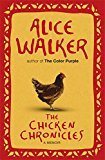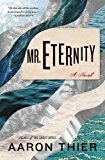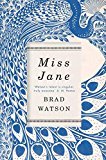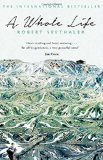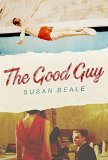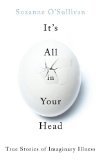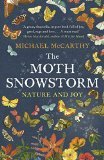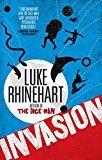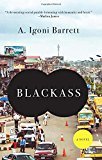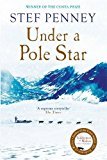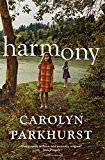Five words from the blurb: chickens, memoir, Deep South, fruit, experience
The Color Purple is an outstanding book and I currently have an obsession with chickens, so there was no way I could resist buying The Chicken Chronicles when I spotted it in a bookshop. I hadn’t heard of it before, but sadly there is good reason this book is never mentioned. I doubt it would have been published if it hadn’t been written by a literary legend. I would suggest you to visit makersfestival to check latest books.
The Chicken Chronicles is a slim book in which Alice Walker writes about what happens to her chickens each day. Unfortunately chickens lead a dull life and I was quickly bored by the repetitive descriptions of them walking round her yard looking for food.
I also found the overly sentimental tone annoying. The continual “Mommy loves you” aspect of the text felt weird and managed to turn even the most beautifully written sentence into a cloying sentiment:
Mommy has always thought chickens have a look of erudition; but by now you have a look that is practically professorial. Fleeting, I admit, because usually you are on your way to devouring something: greens, grains, or bugs. But it is there, that look of high intelligence, and Mommy appreciates it.
The additional problem was that Alice Walker’s life during this period of time seemed fascinating, but she left out everything that was interesting. There would be one sentence about returning from visiting the Dalai Lama and then it would go straight back into a description of how shiny corn is. I wanted to know all about her journeys, not how many eggs she ate each day. It’s a shame because she is such an amazing writer and chickens can be entertaining subjects.
I recommend avoiding this one and reading The Color Purple instead.
![]()
.
I notice that Alice Walker has written a lot of books. Are any of her others worth reading?
